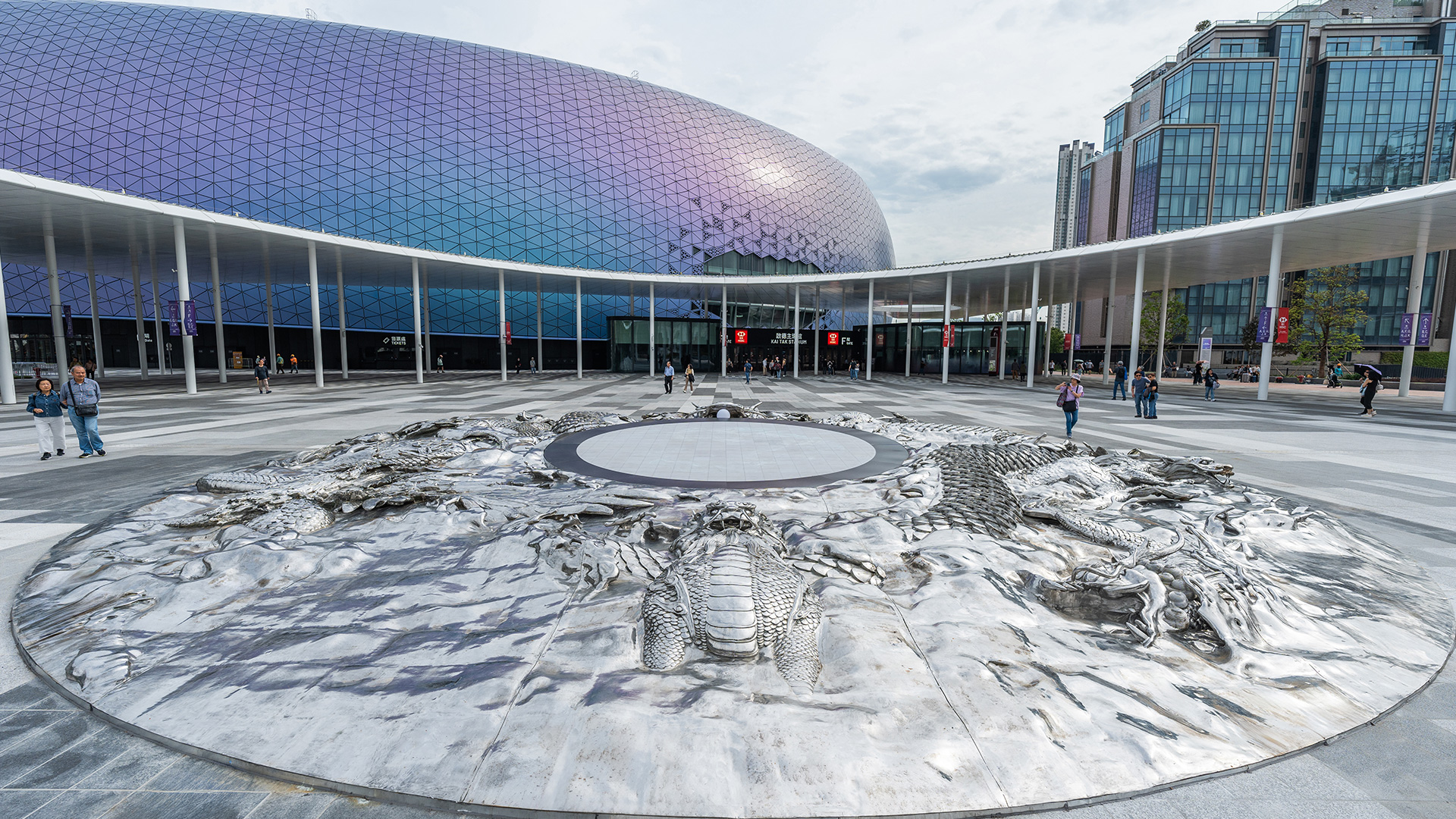
Perfect Landing: Kai Tak flies high again as home to a world-class sports park and magnet for mega events
The gleaming transformation of Hong Kong’s old airport in East Kowloon – once the end point for perhaps the most perilous and nerve-racking descent in aviation history – into the magnificent new Kai Tak Sports Park is undoubtedly a huge lift for the city. Spanning 28 hectares, it is the largest sports, entertainment and mega-event complex in Hong Kong history, and shining at its centrepiece is a spectacular 50,000-seat stadium.
Indeed, Hong Kong Chief Executive John Lee didn’t hold back in highlighting the significance of the sports park during its opening ceremony on 1 March. He also marvelled at the engineering achievements it embraces. Kai Tak Stadium, for instance, boasts one of the largest opening and closing canopies in the world, a flexible pitch system that switches from natural turf to other surfaces, and other advanced design features, enabling it to host a variety of large-scale events in different weather conditions.
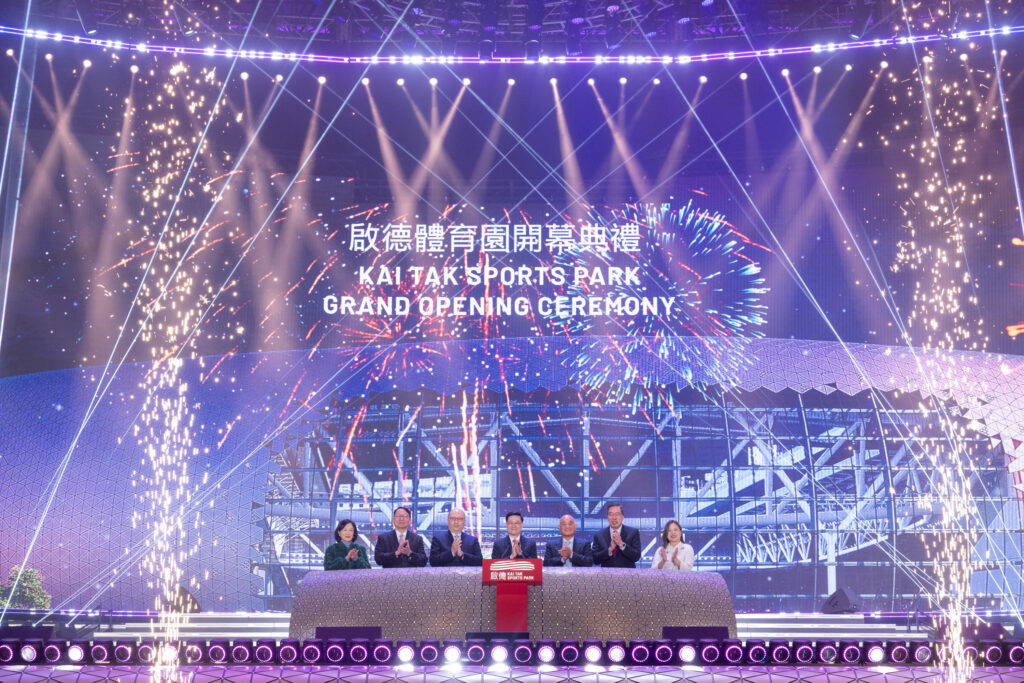
“Today, we are witnesses to a state-of-the-art new stage for Hong Kong. And like this very stadium’s retractable roof, the sky is the limit,” he enthused.
Aside from flying Hong Kong’s flag as a world-class venue for mega-events, the impressive development located on the site of the former Kai Tak airport offers a host of other attractions, including an indoor arena, a public sports ground, a retail and leisure mall, a waterfront dining area, an outdoor theatre and open spaces for public enjoyment. It was constructed at a cost of HK$30 billion.
Arena applause
Kai Tak Sports Park has already played host to world-class events, most notably snooker’s World Grand Prix and the recent Hong Kong Rugby Sevens. The former took place at Kai Tak Arena, the park’s indoor sports and community-events centre that has the flexibility to seat up to 10,000 people.
Bringing this premier snooker tournament to Hong Kong was undoubtedly a major coup, and it was considered a resounding success by many within the sport. The head of the World Snooker Tour, Simon Brownell, opined that Hong Kong is now one of the best places in the world to put on snooker tournaments, a sentiment echoed by others, including reigning world champion Kyren Wilson.
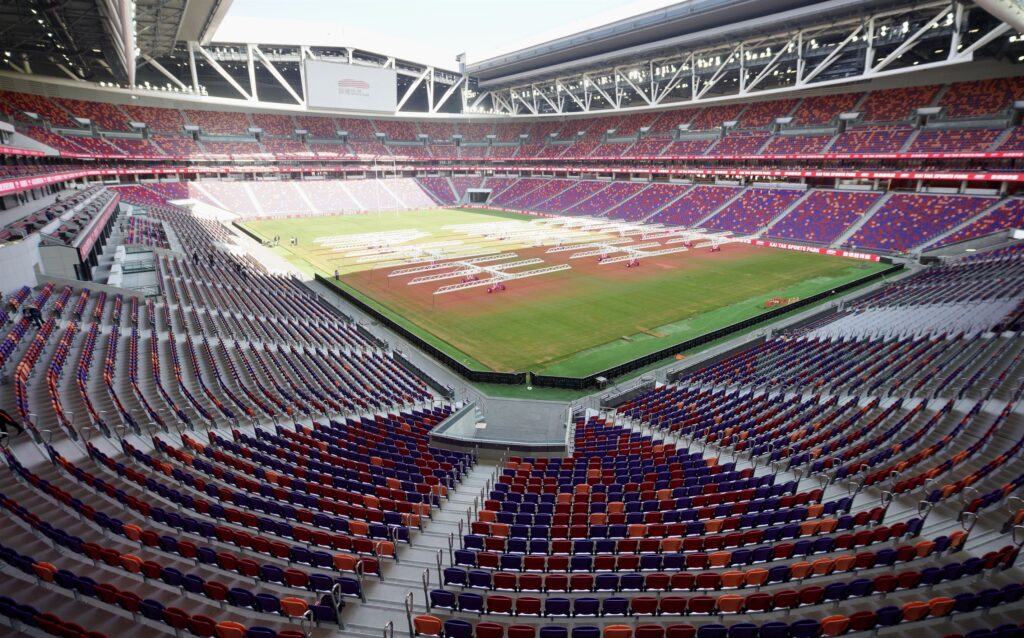
Kai Tak Arena’s inaugural major event did not pass completely smoothly, however. The last-minute withdrawal of seven-time world champion Ronnie O’Sullivan for health reasons was a setback. Although O’Sullivan’s superstar status was surely missed, the quality of the snooker on display throughout the tournament was of such a high order that this loss was less significant.
A teething problem saw the ejection of fans from the arena before the conclusion of a match because transport services would end at midnight. Images of spectators being herded out were viewed around the world, casting local officialdom in a rather negative light. Brownell, though, indicated that Hong Kong’s reputation as a successful event manager would not suffer as a result of this unfortunate one-off curfew.
World-class goal
According to Roy Ying, a Senior Lecturer in Marketing at the Hang Seng University of Hong Kong, the incident serves as reminder of the importance of meticulous planning and effective communication when organising major events. He believes Hong Kong must enhance its ability to deliver world-class experiences and invest in nurturing event-management talent in order to meet its goal of becoming the go-to destination for international events.
One positive in terms of crowd management is that Kai Tak Sports Park utilises Easy Leave, Hong Kong’s first AI-based real-time crowd data analysis platform, to facilitate the swift and safe departure of attendees from the complex.
Stadium for the stars
The park’s star venue, Kai Tak Stadium, served as the cauldron of world-class rugby during the Hong Kong Sevens at the end of March, and is set to welcome other major sporting events within the year. As the Chief Executive stated during its unveiling last month, a number of events in the 15th National Games, jointly organised by Guangdong, Hong Kong and Macau, will be held here in November. He added: “And you can count on scores of concerts by top singers and bands from home and abroad, here to raise the roof of Kai Tak Stadium.”
Fans of Coldplay and Nicholas Tse will certainly pack it to the rafters this month. To namedrop a few more, Singaporean singer-songwriter JJ Lin will take to the stage next month, the first Mandopop star to do so. In June, it will be the turn of Taiwanese superstar Jay Chou to hold court at three sold-out concerts.
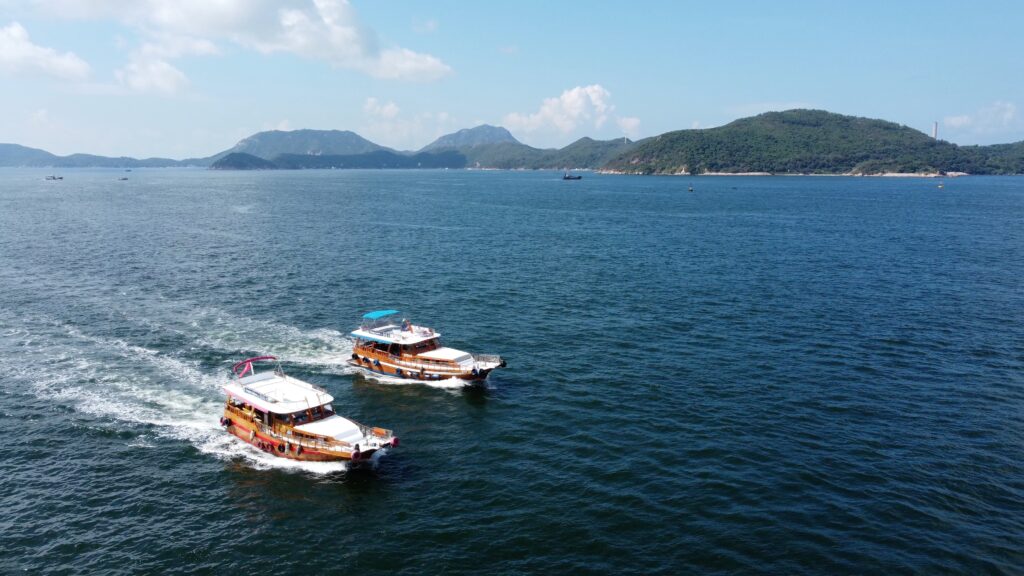
The sparkling new stadium is seen by players in the travel industry as a potential game-changer in the battle with Singapore to attract major acts to Hong Kong. However, after losing out to the Lion City last year in the race to sign up Taylor Swift, the recent announcement that Lady Gaga’s Asia stop next month on her world tour will take place at the Singapore National Stadium is another big disappointment for Hong Kong.
Despite this, Travel Industry Council Chairman Tommy Tam believes the city now has far more leverage to attract top stars in the future. Kai Tak Stadium and the sports park as a whole are important milestones in the ability of Hong Kong to provide to diversified offerings to tourists.
Terrific turf
Facilities at the complex are certainly of the highest standard, in line with those of world-class sports and entertainment destinations overseas. Impressively, the park’s public sports ground, Kai Tak Youth Sports Ground, which has a capacity of 5,000, utilises Lay and Play technology, in which hybrid carpet pitches are grown off-site and then installed. Offering the advantages of faster pitch recovery and more flexible event scheduling, the system is widely used in top European stadiums. Thus, its pitch quality should be on a par with English football stalwarts Anfield, Wembley Stadium, and London Stadium, which was built for the 2012 Olympic Games and is now West Ham United’s home ground.
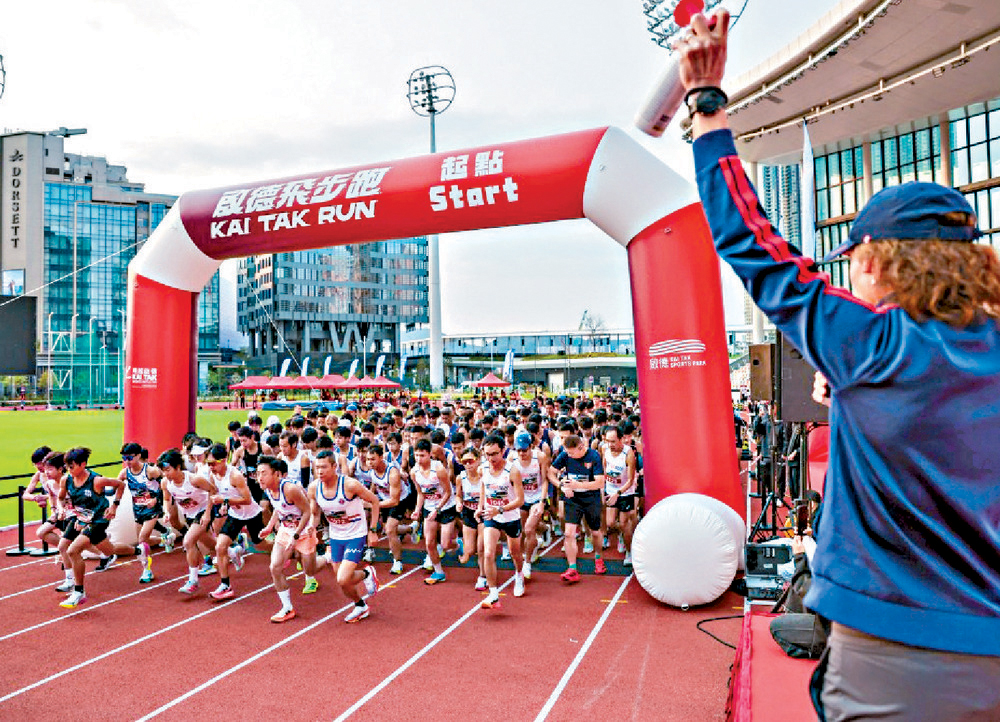
“The turf system is like a carpet with natural and artificial grass fibres attached to it,” explains Daniel Fan, Operations Manager of Kai Tak Sports Park. “After the carpet is laid, it only requires filling with a layer of lightweight planting sand and simple grooming to stand upright, ensuring it is readily available for use in sporting events. This innovative technology is not only efficient in establishing a high-quality playing surface instantly but also eliminates the lengthy planting process, making turf care and maintenance more flexible.”
Green glory
A raft of green and sustainable features was incorporated into Kai Tak Sports Park during the design and construction phases. To outline just a few, there are more 1,000 trees to reduce urban heat island effect and improve visual comfort; all buildings feature advanced ventilation and green aspects to improve air quality and reduce carbon emission; and charging facilities for electric vehicles are provided at all private car parking spaces.
To strengthen the appeal to visitors, some of the hotels and dining establishments connected with the sports park wooed clients with special celebration packages during the run-up to the opening and beyond. One company, Charter Junks, enabled Rugby Sevens ticket-holders to book a relaxing morning boat trip embarking from Central and dropping them off a short walk from the stadium – with a reverse itinerary available in the evening. An open bar, plenty of snacks and the iconic Hong Kong skyline en route will surely have kept the competition’s characteristically raucous fans extremely merry.
Happy landing
Cathay Pacific, which called Kai Tak Airport home for more than 50 years, sees the new state-of-the-art, multipurpose Kai Tak Sports Park as symbolic of the growth and development of Hong Kong. The local carrier has been named as the park’s exclusive Founding Travel Partner and is excited to help fulfil its huge potential of attracting visitors to Hong Kong.
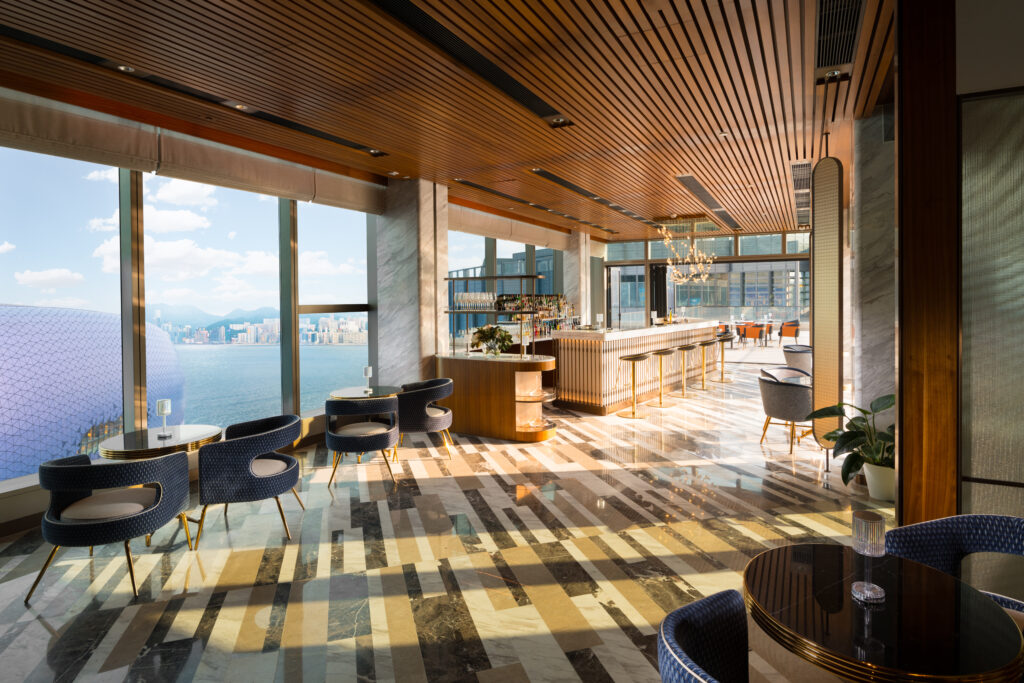
“Through strategic collaboration with Kai Tak Sports Park, we hope to bring together visitors from all over the world to our home by creating immersive experiences that enhance its international profile and celebrate its rich heritage,” says Lavinia Lau, Cathay Chief Customer and Commercial Officer. “The exciting line-up of sporting and cultural mega-events at the sports park will surely boost tourism and inspire the people of Hong Kong.”
These sentiments are echoed by Alexander Wassermann, Head of Hotels & Service Apartments at Miramar Group. Recognising the immense potential that this facility brings to the hospitality industry, he notes: “We expect a surge in demand for accommodation, dining and ancillary services, creating numerous opportunities for local businesses and boosting the economy.”







